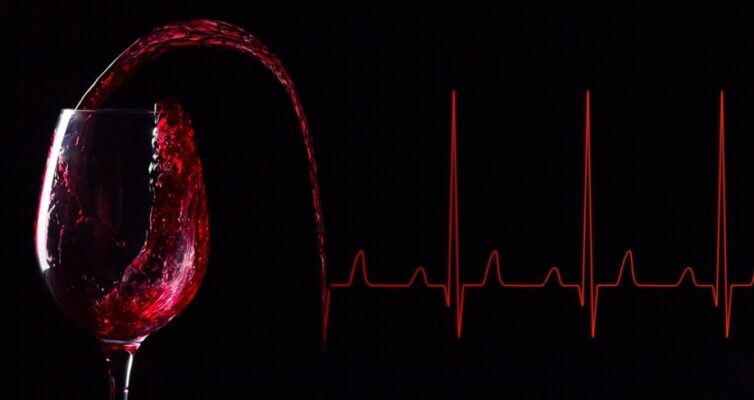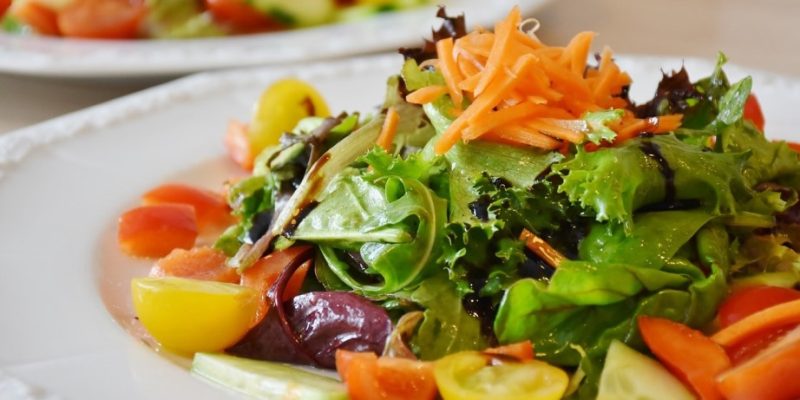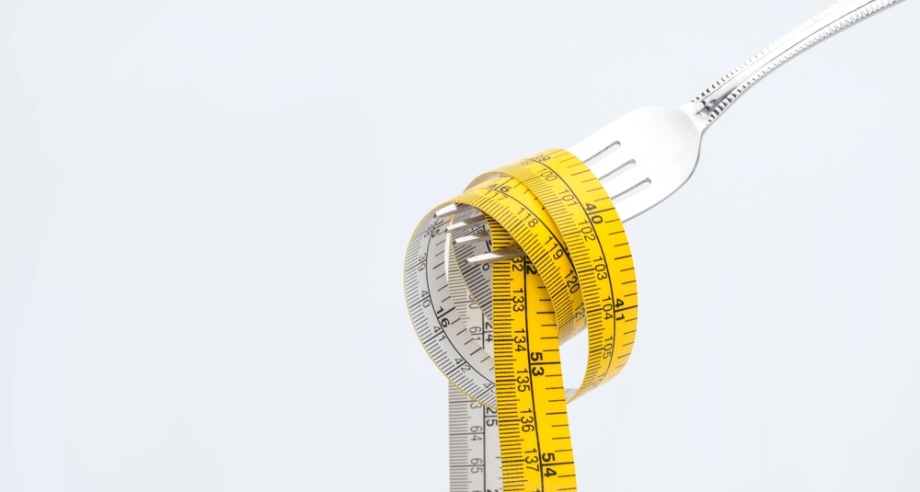
Those who have a few kilos to spare and wish to lose those, usually quickly consider following a weight-loss diet to do so. It makes sense, obviously, because food indeed has a relationship with our amount of body fat and other soft tissues.
For example, if we would eat less food than we energetically use on a daily basis, our body would start to encroach on our fat reserves to get energy and when those reserves are depleted, it would even start to “consume” other soft tissues, such as our muscles. And so, yes, by dieting we would definitely lose weight.
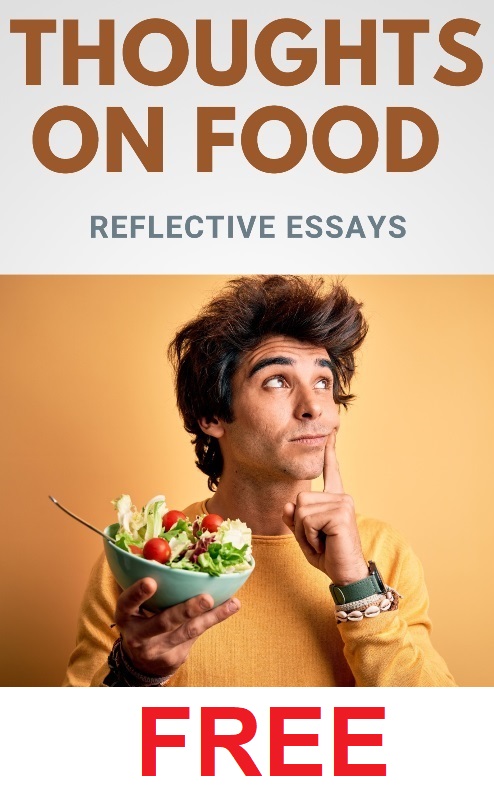
On the other hand, if we eat more food than we burn for our energy needs, we would consequently gain weight, because our body would “stock” food (notably in the form of fat) for later use, when needed.
As it is, those who keep on gaining weight typically eat more than they burn (exceptions excluded where people have a specific disorder). Hence, a diet — one that supplies us with less fuel than our daily needs seems the appropriate solution.
Nevertheless, there some caveats here. First of all, we need to make sure that a weight-loss diet gives us the necessary daily amount of nutrients our body requires, such as a specific set of vitamins and minerals. If not, we could quickly become seriously ill.
Secondly, it’s not easy to adapt our eating habits. Think of changing the types of food we shop for, quit eating snacks in-between, eating less than we’re used to, learning to cook other types of food, adaptions in having meals socially together with others (now needing to bring your own type of food), among others.
Moreover, eating food is also a source of pleasure and comfort for us, and (strict) weight-loss diets are usually not that “tasty,” often less diverse as for the types of food you are “allowed” to consume, and sometimes they’re outright bland and obnoxious.
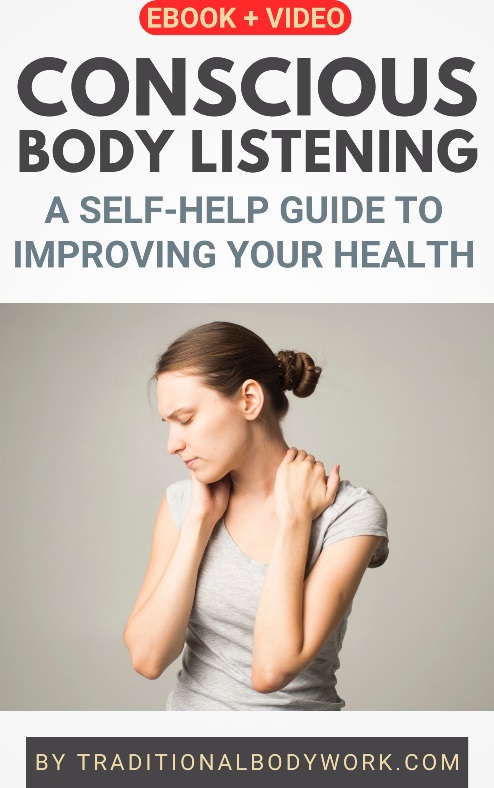
The habits and discomforts mentioned above more often than not lead to the so-called ping-pong effect (or yo-yo effect). It means that restrictive eating often leads to an obsession on food, a feeling of deprivation, distress, and displeasure, and after having dieted (and having lost the kilos we aimed at, if at all) we subsequently start overeating again to quickly gain weight (to then again embark on a strict diet).
Therefore, in my observation dieting is largely ineffective to attaining structural weight loss. In fact, in my personal life, I have seen that it needs something else to not become overweight.
Now, during my professional life as an IT-engineer I gained twenty kilos on top of my ideal weight, and this stayed more or less so for fifteen years, until I was thirty-nine years old.
The reason was that I had entered a sedentary lifestyle: commuting four hours per day sitting in my car, working ten hours sitting behind a computer screen, and sitting two hours or so on the couch at home watching television or reading after an exhausting “seated” day.
In those days, my eating habits hadn’t changed too much compared to the time I had a healthy weight (which was until I was about twenty-five years old). My gain in weight wasn’t because I ate very differently, although I did perhaps eat somewhat more “comfort food,” in the sense of food that was quite dense, containing a lot of calories, and high amounts of fat, salt or sugar.
When I changed my profession and became a Thai Massage practitioner I lost fifteen kilos in just three months’ time. Not because I went on a diet, but because I started to move and exercise my body quite a lot more. In fact, my eating habits didn’t change at all, and until today they are more or less the same, except for omitting certain foods that don’t go well in combination with my aging body.
What did it for me was simply the change from a sedentary lifestyle to an active lifestyle. Burning more energy than you take in. And the surplus of what you eat, becoming muscle instead of fat.

I realize that it’s not for everyone. It’s often financially, socially, and educationally/professionally very difficult to make the change from a sedentary job (which includes jobs where you stand all day) to a job that structurally moves your body in healthy ways.
And going to the gym a few times per week for an hour or so may bring some mental and stress relief, but it usually doesn’t attribute much to losing weight and attaining a healthy body weight.
Back to diets. I do think diets serve an important role in our lives. Yet, this is not about following a weight-loss diet, but a healthy diet, which means that you would eat that what’s beneficial for body and mind.
It involves eating food that provides us with the necessary nutrients to maintain good physical and mental health and prevent chronic diseases (such as heart disease, diabetes, and cancer). A healthy diet includes a variety of foods, such as staples (cereals and roots), legumes, fruits (including nuts), vegetables, and foods from animal sources (meat, fish, eggs and milk).
Additionally, it also means consuming less salt, sugars, and saturated and industrially produced trans-fats, while making sure you eat food that’s as less as possible contaminated with heavy metals, pesticides, and such. In any case, for those struggling to bridge the gap between information and action, seeking a personalized 1-on-1 nutritional mentorship can provide the necessary support to make these changes permanent.

 Find themed health, wellness, and adventure holidays around the world.
Find themed health, wellness, and adventure holidays around the world.












